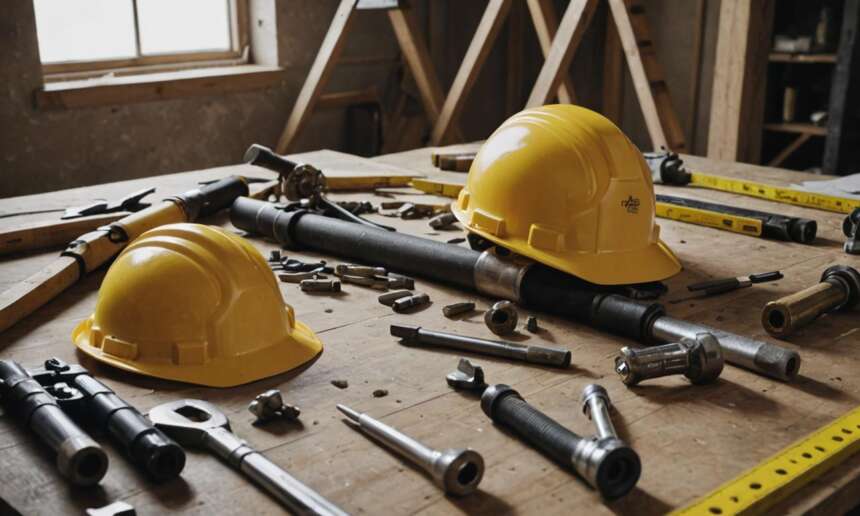When it comes to the construction industry in the United Kingdom, compensation for workers is a topic of significant interest. Understanding the average earnings of construction workers is crucial for both individuals seeking employment within the sector and those looking to comprehend the economic landscape of the UK.
Factors Influencing Construction Workers’ Earnings
The income of construction workers in the UK can vary depending on several factors:
- Experience: Experienced workers typically earn higher wages compared to those who are new to the industry.
- Location: Earnings may differ based on the region within the UK, with higher wages often found in metropolitan areas.
- Skills and Qualifications: Specialized skills and relevant qualifications can command higher salaries.
- Employer: Different construction companies may offer varying wage structures and benefits.
- Union Membership: Being part of a union can influence wages and working conditions.
Average Salary Range
While precise figures may fluctuate annually, construction workers in the UK generally earn between £20,000 and £40,000 per year. This range encompasses various roles within the construction sector, including:
- Labourers
- Carpenters
- Electricians
- Plumbers
- Bricklayers
Specialized Roles and Higher Earning Potential
Within the construction industry, certain specialized roles may offer higher earning potential due to the level of skill and expertise required. These roles often involve additional training or certifications. Some examples include:
- Project Managers
- Quantity Surveyors
- Site Engineers
- Health and Safety Managers
Opportunities for Advancement
Construction workers in the UK have opportunities for career advancement, which can lead to increased earnings. Advancement may come in the form of:
- Supervisory or managerial positions
- Specializing in niche areas of construction
- Obtaining higher-level qualifications
- Entrepreneurship or starting a contracting business
Benefits and Perks
Aside from monetary compensation, construction workers in the UK may receive additional benefits and perks, such as:
- Healthcare coverage
- Retirement plans
- Paid time off
- Training and development opportunities
- Travel allowances or expenses
Overall, construction workers in the UK can expect to earn competitive wages, with opportunities for growth and advancement within the industry. By considering various factors such as experience, location, and specialized skills, individuals can navigate their career paths to achieve financial success in the construction sector.
Frequently Asked Questions
Here are some common questions related to construction worker earnings in the UK:
| Question | Answer |
|---|---|
| 1. Are construction workers’ earnings affected by the size of the construction projects? | Yes, the scale and complexity of projects can influence earnings. Larger projects often require more skilled labor and may offer higher wages. |
| 2. Do construction workers receive overtime pay? | Many construction workers are eligible for overtime pay for work exceeding their standard hours. However, overtime policies may vary between employers. |
| 3. Are there differences in earnings between residential and commercial construction? | Yes, earnings can differ between residential and commercial construction projects. Commercial projects tend to be larger in scale and may offer higher pay rates. |
| 4. How do advancements in technology impact construction worker earnings? | Technological advancements can lead to increased efficiency and productivity, potentially affecting demand for certain skills and influencing wage trends within the industry. |
Training and Certification
Obtaining relevant training and certifications can significantly impact a construction worker’s earning potential. Certain certifications, such as those for operating heavy machinery or specialized construction techniques, may lead to higher-paying opportunities.
Government Regulations and Minimum Wage
The UK government sets minimum wage standards that apply to construction workers, ensuring a baseline level of compensation across the industry. However, factors such as experience, skills, and union representation can influence earnings beyond the minimum wage requirements.




